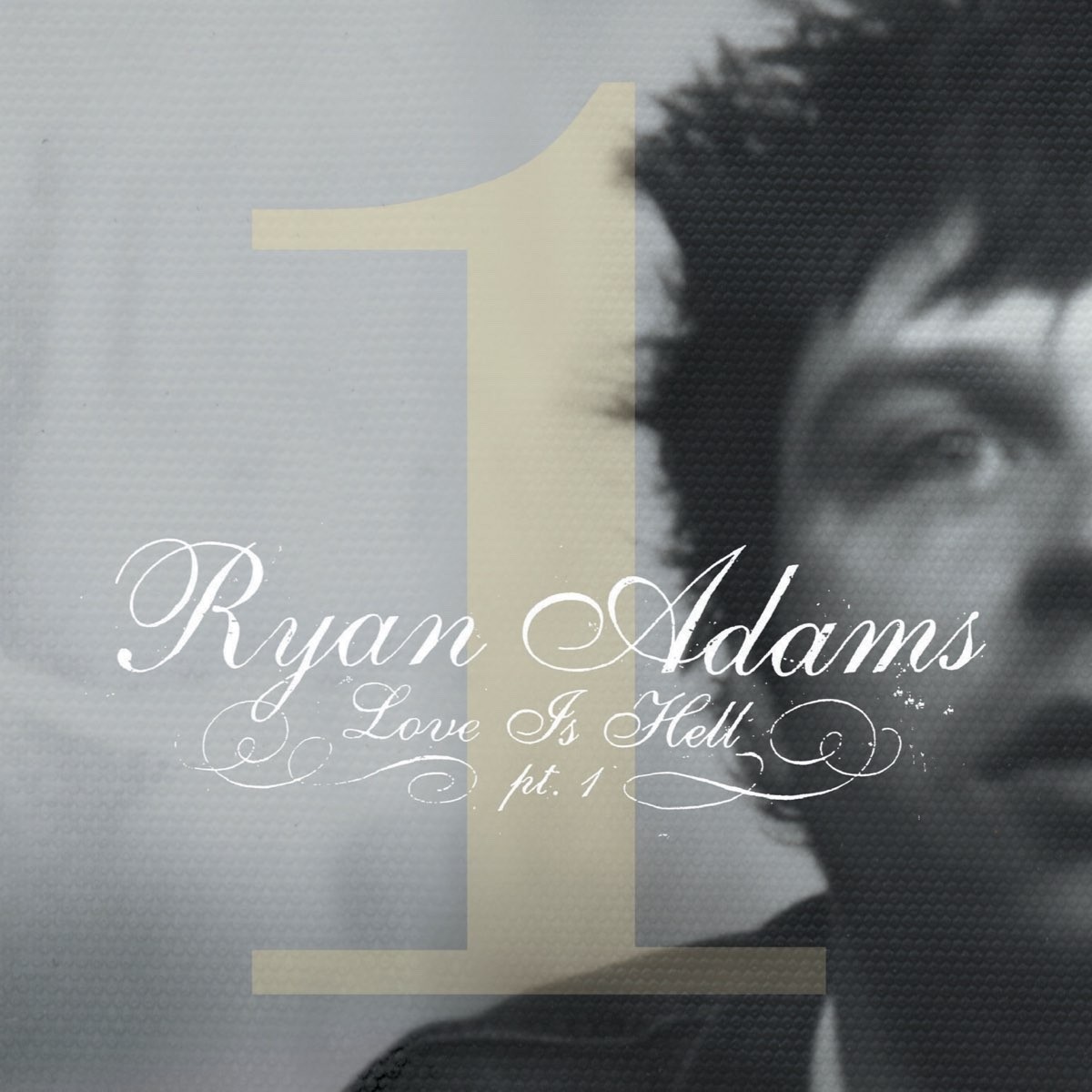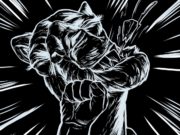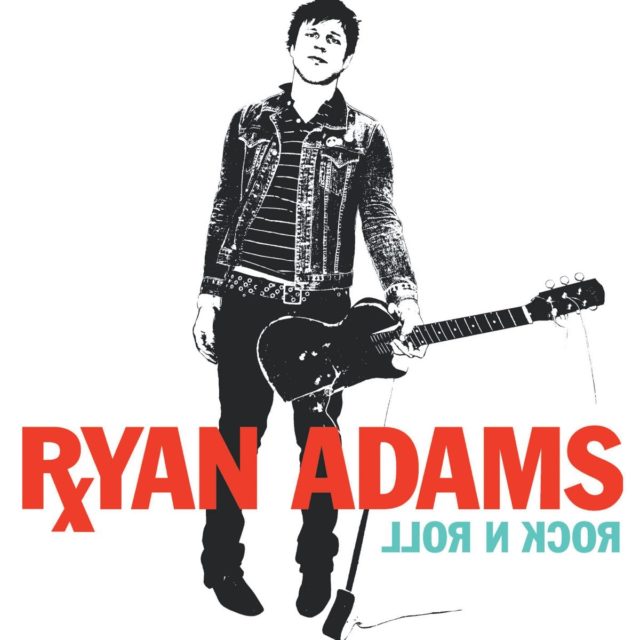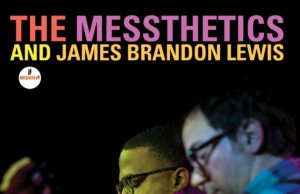This came out in 2003 – or at least that’s when I got it. Here’s what I said about it back then (with some minor editing):
Man does not live by alt-country alone. Especially, it seems, when said man is the prolific musical chameleon Ryan Adams.
In the 24 brief months since the LP Gold made him a music-mag mainstay, the former Whiskeytown leader has recorded and released umpteen albums worth of material, from the tossed-off cuts of last year’s Demolition to the bruising punk of his side project The Finger and his much-ballyhooed cover of The Strokes’ Is This It? Adams’ apparently boundless energy and stylistic expansion are again highlighted by the simultaneous release of his two latest efforts, Rock N Roll and Love Is Hell Pt. 1. Each is a tribute album, though in a very different sense. Neither one is an alt-country disc. And, as with nearly everything Adams does, both seem guaranteed to turn off as many fans as they attract.

Let’s start with the generically titled Rock N Roll, a fittingly named disc constructed from a pile of iconic musical building blocks: Titles borrowed from familiar hits and classics (Wish You Were Here, Rock N Roll, This Is It); the power-chord guitar riffs of everyone from T.Rex to Neil Young to Kurt Cobain; soaring melodies and arpeggios on loan from U2 and the New Romantics; and above all, the ragged rasp and jaded passion personified by Paul Westerberg and The Replacements. All of which Adams mixes, matches and recombines into 14 solid tunes that tip their hat to touchstones (the feedback-laced wallop of 1974 was obviously inspired partly by The Stooges’ 1969) without being slavish or plagiaristic.
Of course, one person’s inspired homage is another’s obvious thievery — and those who view Rock N Roll as the latter might also want to skip Adams’ Love Is Hell Pt. 1. The first half of an album reportedly rejected by his label, this EP finds Adams teaming up with longtime Smiths producer John Porter on a set of classic mope-pop. With their downbeat mood, heartworn lyrics and low-wattage ambience, these eight cuts (including an acoustic cover of Oasis’s Wonderwall) come off as equal parts Morrissey and Jeff Buckley — two obvious comparisons that will do nothing to quiet the naysayers. Not that Adams — or anyone interested in keeping up with his increasingly intriguing output — will likely care in the slightest.









































